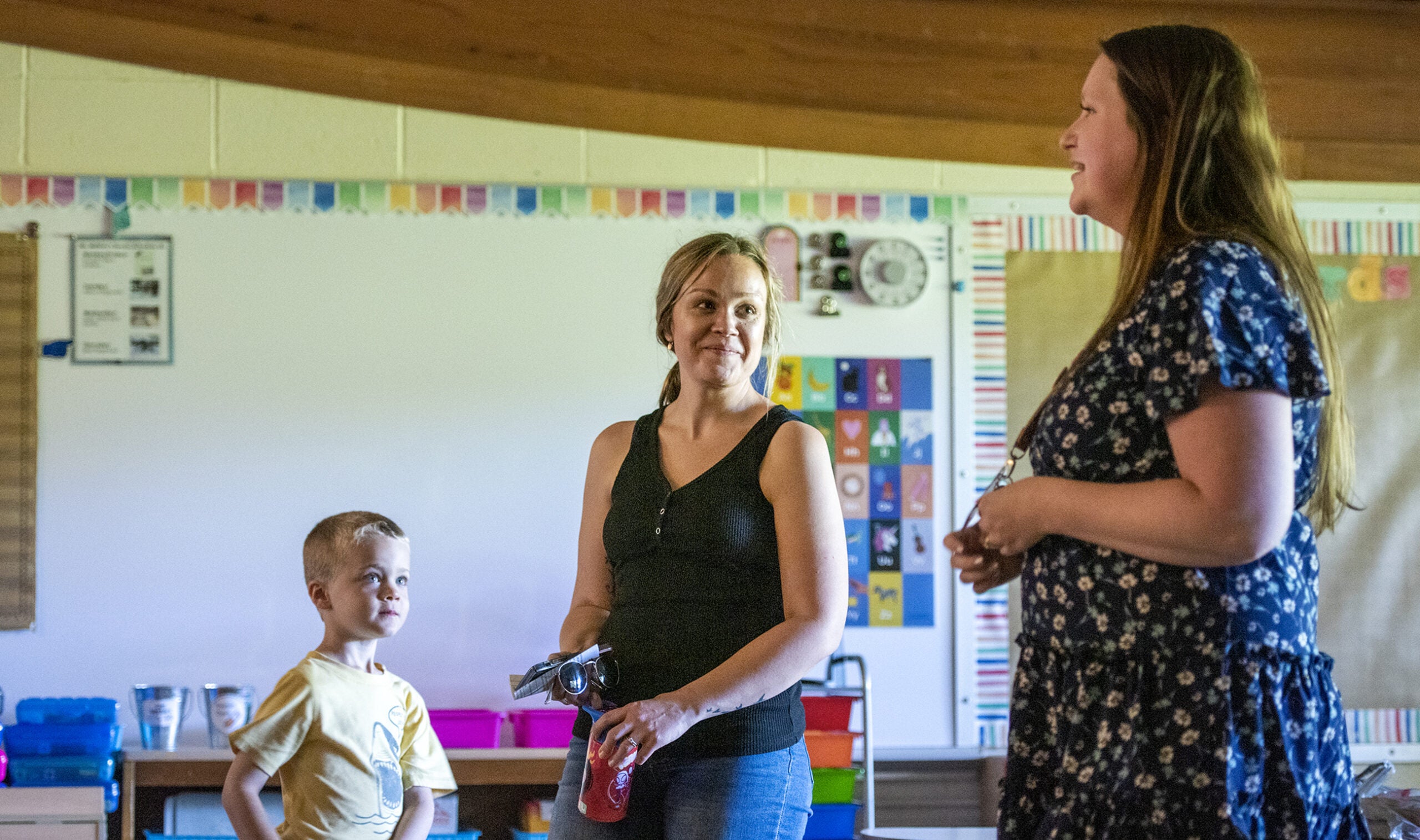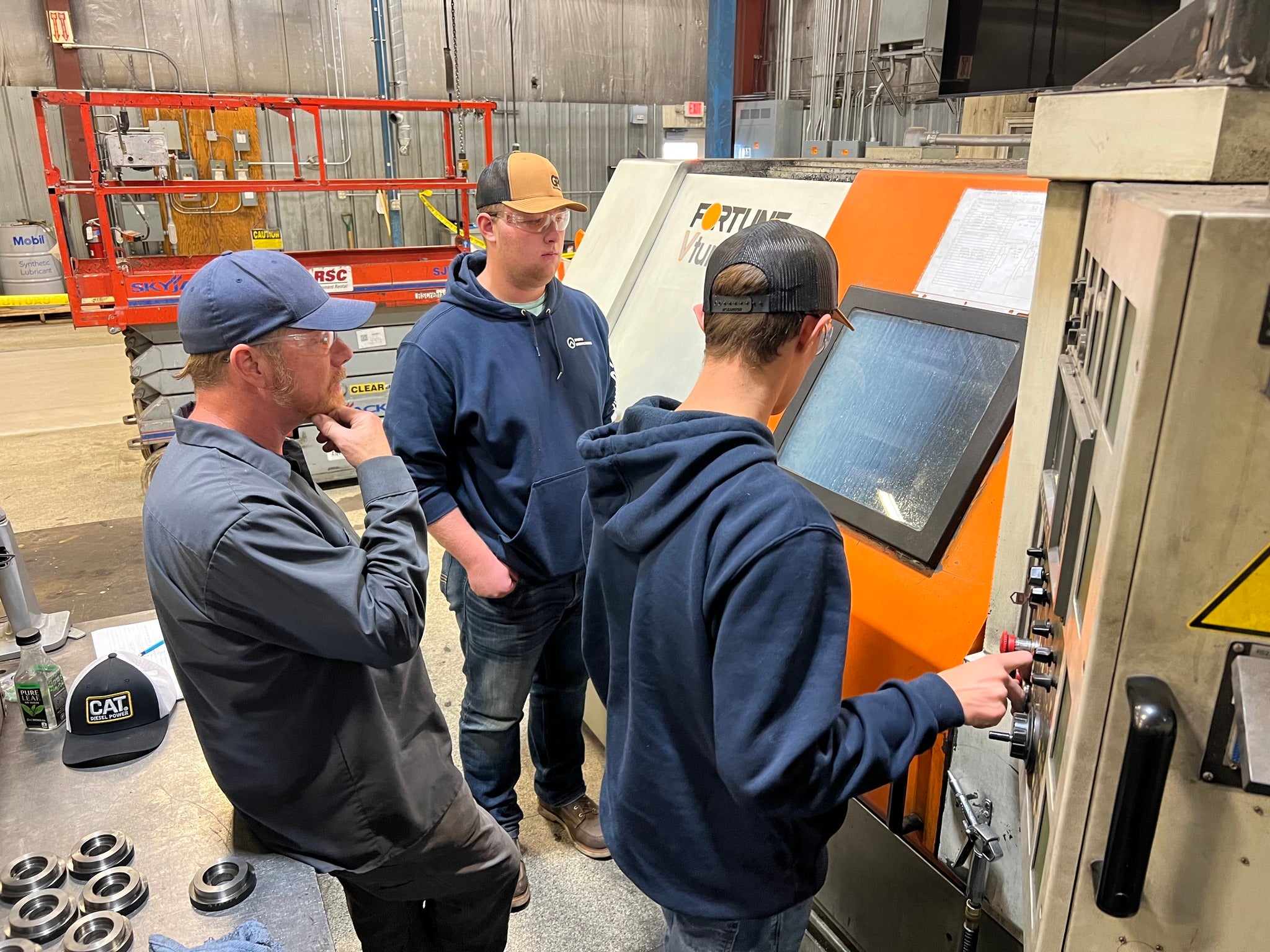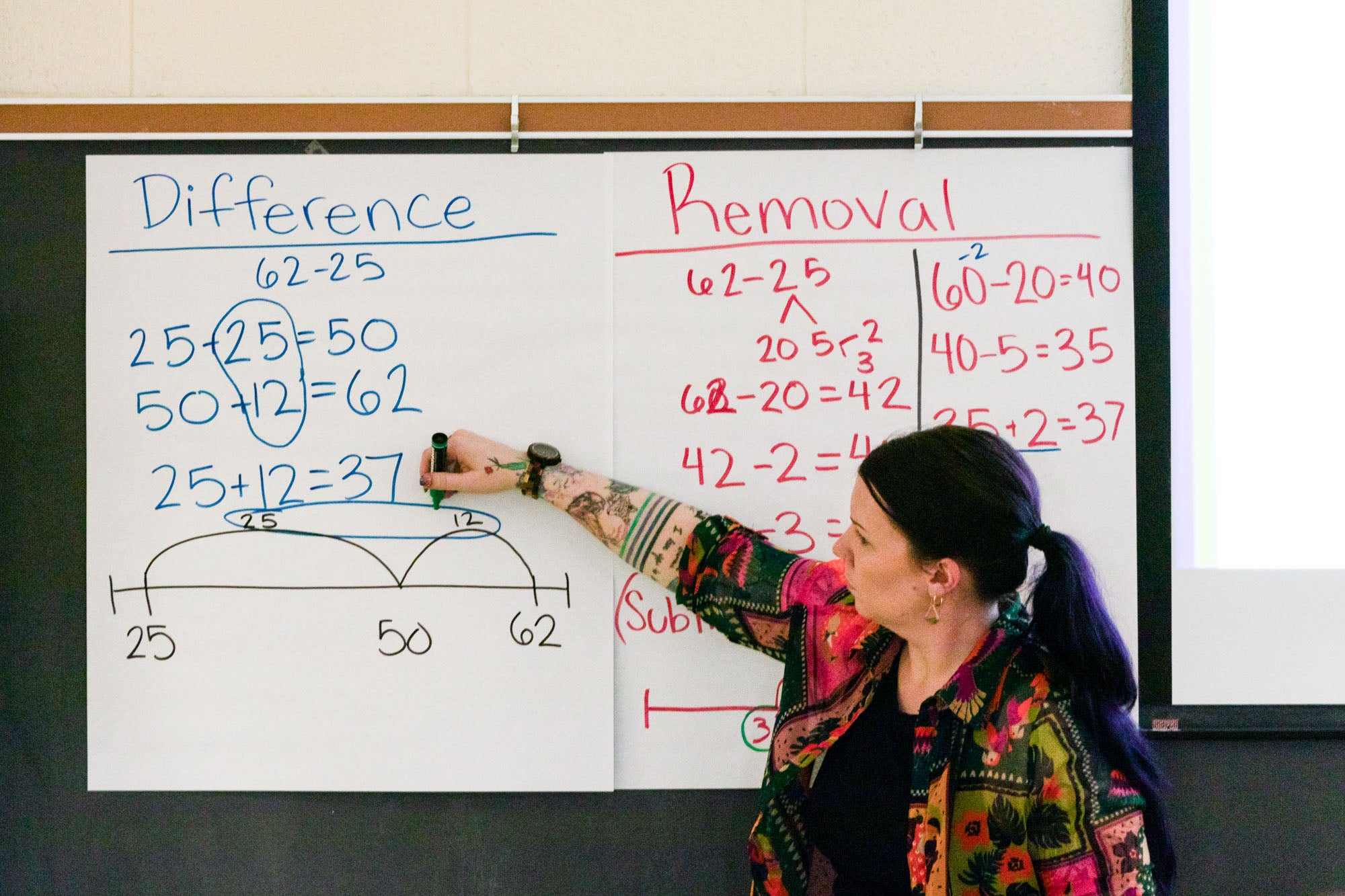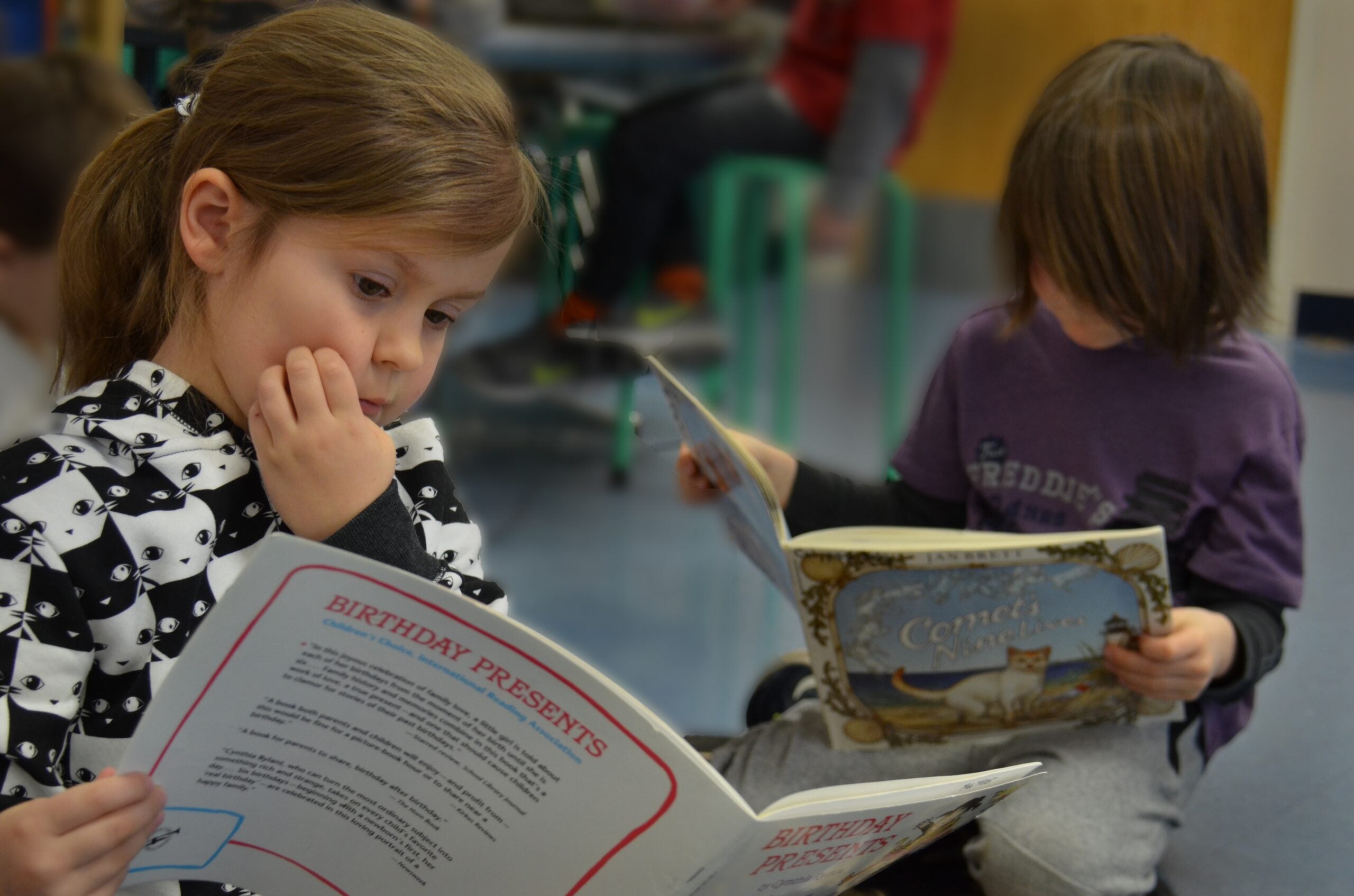Some of Wisconsin’s education programs could be redesigned under a proposed bill that would reduce the amount of time teachers spend in college by half.
The teacher apprenticeship bill, introduced for co-sponsorship by Rep. William Penterman, R-Columbus, would replace the traditional four-year degree with a “2+2” model.
Teachers could spend two years in college and spend their next two years getting paid for student teaching, Penterman said. Currently, most education programs include four years of college and then an additional semester of student teaching before a license is granted.
News with a little more humanity
WPR’s “Wisconsin Today” newsletter keeps you connected to the state you love without feeling overwhelmed. No paywall. No agenda. No corporate filter.
Penterman said the 2+2 model won’t be a mandate, rather an option for students and colleges that want to participate. He said the state Department of Public Instruction and Department of Workforce Development would develop the program.
Students would still receive their bachelor’s degree in four years, with general education credits being awarded while they student teach.
“The escalating costs of higher education and stagnant industry standards have transformed the teaching profession into one that struggles to fill vacancies,” Penterman said. “When classrooms lack qualified educators, the negative repercussions are felt by students, communities, and our state.”
Penterman said the bill mirrors legislation already passed in 27 other states, including California and Texas.
“Academic research consistently highlights the importance of practical, on-the-job learning for teachers,” Penterman said. “The proposed apprenticeship model mirrors this research and aims to ensure that educators are well-prepared for the dynamic challenges of the classroom.”
Nationally, teacher apprenticeship programs have gotten bipartisan support. In July 2023, the Biden administration announced more than $65 million was available from the U.S. Department of Labor to states for teacher apprenticeship programs.
Penterman believes Wisconsin would be eligible for federal dollars that would be used to pay teachers while they work.
When asked for comment, a spokesperson for the University of Wisconsin-Madison School of Education said the school had not been made aware of the bill before Monday and was still reviewing it.
A spokesperson for the Wisconsin Department of Public Instruction said the agency has not had an opportunity to analyze the bill and form an official position. During an interview last month with WPR’s “The Morning Show,” Superintendent Jill Underly said DPI was working on a teacher apprentice program.
“Which is really exciting because when you think about traditional apprenticeships with the trades, like electricians or plumbers or construction, it would be similar to teachers,” Underly said.
Penterman said he believes having legislation will pave the way for DPI to make this possible. He’s hoping the measure gets bipartisan support.
Quinton Klabon, senior research director with the conservative group Institute for Reforming Government, said allowing teachers to earn as they learn is best for Wisconsin’s children and educators.
“Teachers with more hands-on experience, greater connection to their communities, and less debt will stay in the profession — a stark contrast to the 18 percent early-career turnover rate Wisconsin faces today,” Klabon said.
Wisconsin Public Radio, © Copyright 2025, Board of Regents of the University of Wisconsin System and Wisconsin Educational Communications Board.







